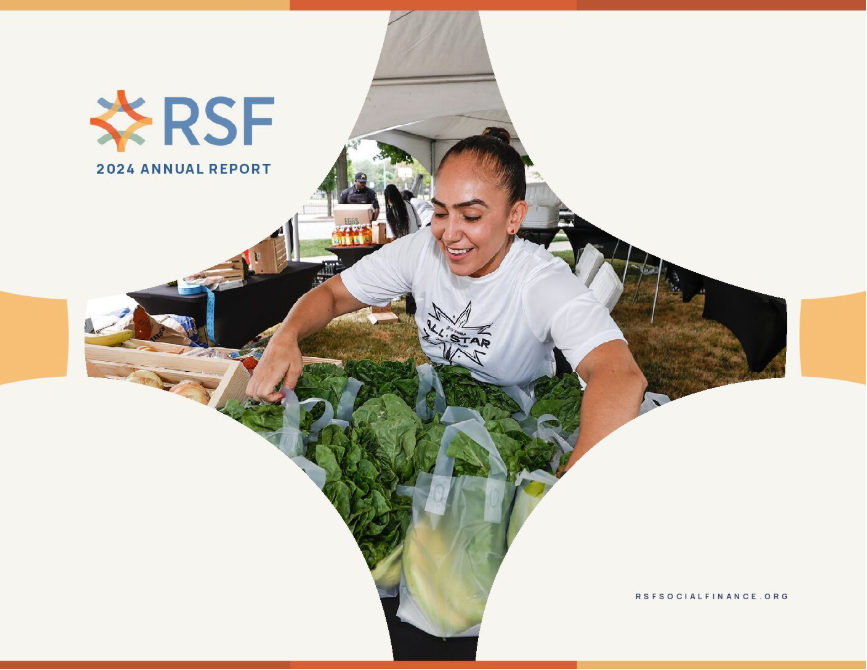Founded in 1936, the Rudolf Steiner Foundation is best known for its Waldorf education model, which focuses on whole child development. RSF Social Finance (RSF), which the foundation launched in 1984, is less well known. Still, RSF has been influential, making over $600 million in loans, grants, and investments in socially oriented businesses to date.
In 2018, the San Francisco-based nonprofit originated $80 million in loans and grants to 695 firms. According to its CEO, Jasper van Brakel, about 60 percent of its activity is with nonprofits, with for-profit firms comprising the other 40 percent. Loans under its management at the end of 2018 totaled $225 million.
Money is raised both through investment notes (which act like uninsured certificates of deposit, can be bought for a minimum of $1,000, and must be held for at least three months) and through donor-advised funds. RSF’s 2018 annual report indicates that food and agriculture businesses represented nearly half (49 percent) of lending. Thirty-eight percent went to education and arts, 12 percent to climate action, and one percent to workforce development and social finance.
Steve Dubb is a senior editor at Nonprofit Quarterly, where he directs NPQ’s economic justice program, including NPQ’s Economy Remix column.
Read the rest of the article on Nonprofit Quarterly >


